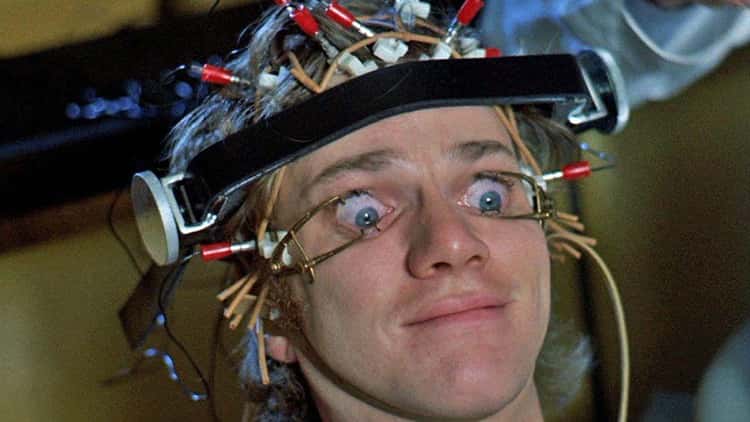Sly Saint
Senior Member (Voting Rights)
Edwards, Chalder et al
Abstract
Background: Differences in affective processing have previously been shown in functional neurological disorder (FND); however, the mechanistic relevance is uncertain. We tested the hypotheses that highly arousing affective stimulation would result in elevated subjective functional neurological symptoms (FNS), and this would be associated with elevated autonomic reactivity. The possible influence of cognitive detachment was also explored.
Methods: Individuals diagnosed with FND (motor symptoms/seizures; n=14) and healthy controls (HCs; n=14) viewed Positive, Negative, and Neutral images in blocks, whilst passively observing the stimuli (Watch) or detaching themselves (Distance). The FND group rated their primary FNS, and all participants rated subjective physical (arousal, pain, fatigue) and psychological states (positive/negative affect, dissociation), immediately after each block. Skin conductance (SC) and heartrate (HR) were monitored continuously.
Results: FNS ratings were higher after Negative compared to Positive and Neutral blocks in the FND group (p=0.002, np2=0.386); however, this effect was diminished in the Distance condition relative to the Watch condition (p=0.018, np2=0.267). SC and/or HR correlated with FNS ratings in the Negative-Watch and Neutral-Distance conditions (r-values: 0.527-0.672, p-values: 0.035-0.006). The groups did not differ in subjective affect or perceived arousal (p-values: 0.541-0.919, np2: <0.001-0.015).
Conclusions: Emotionally significant events may exert an influence on FNS which is related to autonomic activation rather than altered subjective affect or perceived arousal. This influence may be modulated by cognitive detachment. Further work is needed to determine the relevance and neural bases of these processes in specific FND phenotypes.
https://www.medrxiv.org/content/10.1101/2023.08.23.23294462v1
Abstract
Background: Differences in affective processing have previously been shown in functional neurological disorder (FND); however, the mechanistic relevance is uncertain. We tested the hypotheses that highly arousing affective stimulation would result in elevated subjective functional neurological symptoms (FNS), and this would be associated with elevated autonomic reactivity. The possible influence of cognitive detachment was also explored.
Methods: Individuals diagnosed with FND (motor symptoms/seizures; n=14) and healthy controls (HCs; n=14) viewed Positive, Negative, and Neutral images in blocks, whilst passively observing the stimuli (Watch) or detaching themselves (Distance). The FND group rated their primary FNS, and all participants rated subjective physical (arousal, pain, fatigue) and psychological states (positive/negative affect, dissociation), immediately after each block. Skin conductance (SC) and heartrate (HR) were monitored continuously.
Results: FNS ratings were higher after Negative compared to Positive and Neutral blocks in the FND group (p=0.002, np2=0.386); however, this effect was diminished in the Distance condition relative to the Watch condition (p=0.018, np2=0.267). SC and/or HR correlated with FNS ratings in the Negative-Watch and Neutral-Distance conditions (r-values: 0.527-0.672, p-values: 0.035-0.006). The groups did not differ in subjective affect or perceived arousal (p-values: 0.541-0.919, np2: <0.001-0.015).
Conclusions: Emotionally significant events may exert an influence on FNS which is related to autonomic activation rather than altered subjective affect or perceived arousal. This influence may be modulated by cognitive detachment. Further work is needed to determine the relevance and neural bases of these processes in specific FND phenotypes.
https://www.medrxiv.org/content/10.1101/2023.08.23.23294462v1

